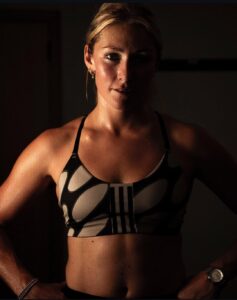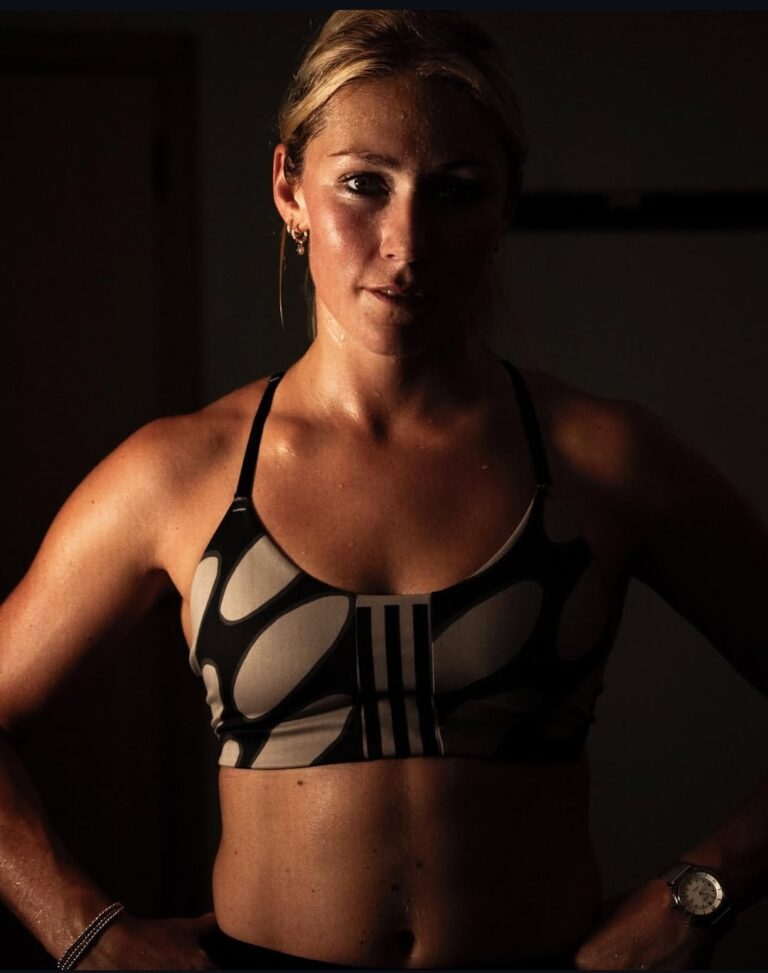Mikaela Shiffrin offered a candid glimpse into her comeback journey on Saturday, telling reporters, “I’ve been spending a lot of time in the gym,” as she finalizes preparations for her highly anticipated return to World Cup racing this November.
The 30-year-old American superstar, sidelined since a season-ending knee injury in Cortina d’Ampezzo last January, has spent the past ten months transforming rehabilitation into a full-scale rebuild. The torn ACL and MCL in her left knee required not just surgical repair but a complete reconditioning of the explosive power that has fueled her record 97 World Cup victories.
“Gym time has been non-negotiable,” Shiffrin said with a smile. “Strength, stability, proprioception—everything had to come back stronger than before. Some days it was two sessions, some days it was just getting through the pain to hit the bike for 20 minutes. But every rep counted.”
Her off-snow regimen, overseen by U.S. Ski Team strength coach Chris Knight, has included heavy squats, single-leg presses, plyometrics, and extensive anti-rotation core work—exercises designed to protect the repaired knee while restoring the lightning-quick edge changes that define her technical skiing.
The results are already showing on snow. Training footage from recent camps in Saas-Fee, Switzerland, and Portillo, Chile, has revealed a Shiffrin who looks faster and more dynamic than during much of her injury-plagued 2024-25 campaign.
“Been spending a lot of time in the gym” might sound like an understatement from an athlete known for her work ethic, but Shiffrin insists the mindset shift has been just as important as the physical one.
“There were moments when I wondered if I’d ever feel 100 percent again,” she admitted. “But once I accepted that this was going to take longer than any previous comeback, something clicked. I stopped rushing and started trusting the process.”
Shiffrin is scheduled to open her season in the Levi slalom on November 23—exactly 300 days after her crash—before heading to North America for speed races in Beaver Creek and giant slalom in Killington. While she refused to predict results, her tone carried the quiet confidence of someone who has already won the hardest battle.
“I’m not coming back to see what happens,” she said. “I’m coming back because I know I still have more to give. The gym reminded me of that every single day.”
